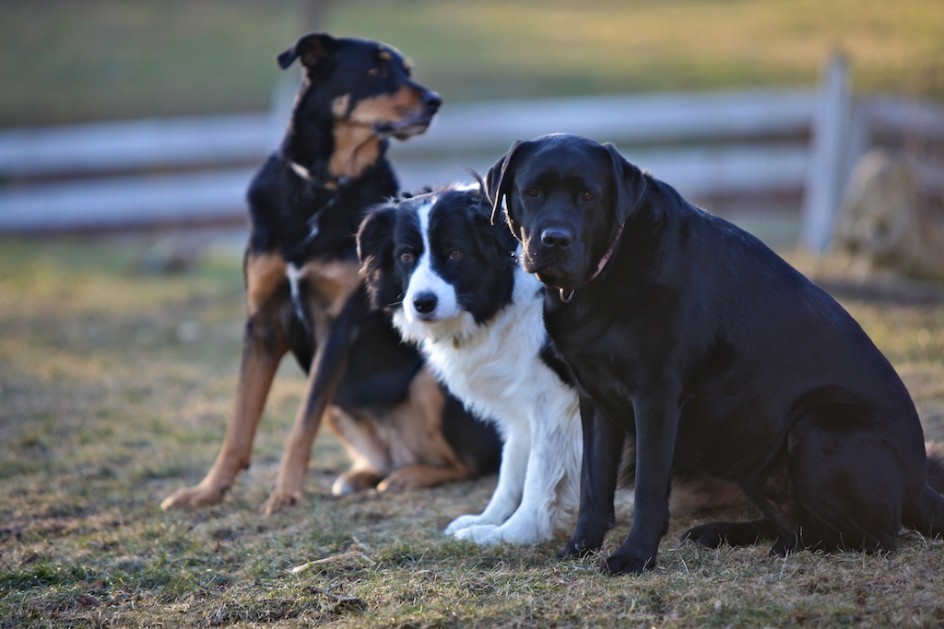
After my speech in Orlando last Saturday, four vets came up to me and asked if I would join them for coffee later, in a lounge on the far side of the vast hotel. I agreed, eager to trade ideas with people who are on the front lines of the human/animal companion revolution underway in America. Two of the vets were from rural areas, one from a Chicago suburb, the other in an affluent Westchester, N.Y. community.
I was mesmerized by the differences in these practices and by the emotional, ethical, financial and yes, corporate struggles these good and conscientious people were facing. The rural vets said they were very troubled by the explosive rise in medications and expensive surgical procedures that many people felt pressured – often driven by guilt- to purchase on behalf of their animals. “Just because we can do it, doesn’t mean we should,” one younger vet, a woman from Tufts, told me. The rural vets said their clients did not have the money for these new techniques and procedures, often hailed as breakthrough advancements in the health and welfare and animals. “I don’t think it’s right to pressure people into paying for things they can’t afford. Animals are not people. It isn’t the same thing,” said one of the vets.
One of the city vets said she was troubled by this. “I have to be honest. When somebody comes into my practice with a chronically ill dog, I often recommend euthanasia because I know they don’t have the money and I hate to force that choice on them. It’s a dog. They can get another dog. I know it sounds harsh, but that’s what I feel, even if I can’t say it.” The urban/suburban vets said in their practices – they had high overhead and salaries – many of their clients could afford this kind of medical care, and, in fact, often demanded it. They said they rarely recommended euthanisizing animals because so many people were offended by the notion. They agreed that new procedures and medications paid their growing bills and costs and left them with some profit. One of the rural vets – he was from Oklahoma – said he left a practice in Dallas because he couldn’t bear to subject animals to so many new and expensive procedures that they didn’t really need – all kinds of vaccinations and blood tests, among other things – and that so many people could not afford. He said he could not bear to witness dogs and cats kept alive far beyond reason and in great pain because people just could not let go of them. Another one of the vets, an older man, said this was a relatively new phenomenon and was growing. They all agreed on that. And also that vets needed to work harder to educate people about the true nature of animals – they were not children, and ought not be said as children. They do not have human emotions.
All four vets said it was difficult to keep perspective for many people when the health of their animals were involved. And all agreed that this emotional feeling surrounding companion animals was very new and very different, and was escalating. People were treating pets as children, and seeing them as children.
They all said they were concerned about lobbying efforts by lawyers and some animal rights groups to permit lawsuits for emotional pain and suffering when animals died. That, they said, would drive their insurance costs sky-high and force the same kind of defensive testing that human doctors practice. The cost of veterinary care would climb even higher, and the problem was, they all said, that many people would simply choose not to have pets or to forego veterinary care.
It was a riveting discussion. New technologies are changing the nature of health, sometimes in very positive ways. But as with humans, it is changing the entire context of health care and bringing human and animal notions of health care closer together, for better or worse. I’ll write more about these conversations later.
